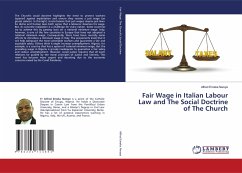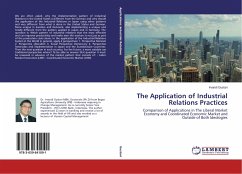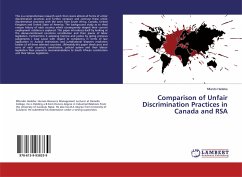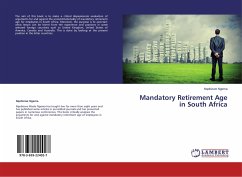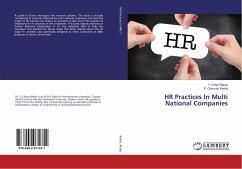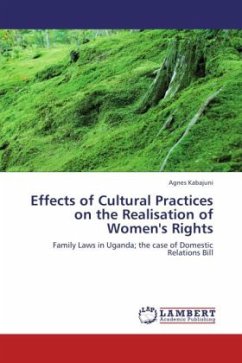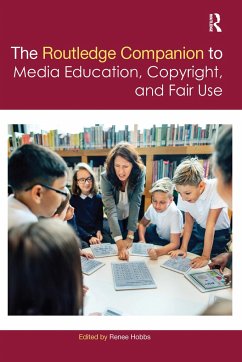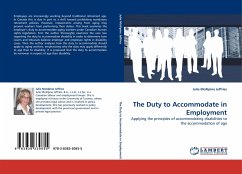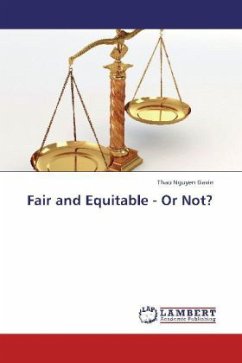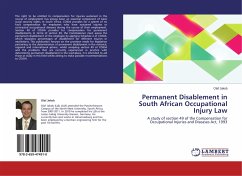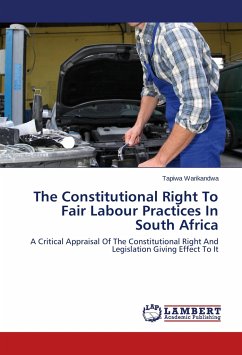
The Constitutional Right To Fair Labour Practices In South Africa
A Critical Appraisal Of The Constitutional Right And Legislation Giving Effect To It
Versandkostenfrei!
Versandfertig in 6-10 Tagen
52,99 €
inkl. MwSt.

PAYBACK Punkte
26 °P sammeln!
The recognition of the constitutional right to fair labour practices in South Africa has become a fundamental labour and human rights issue. Problems have been experienced in law and in practice, in trying to implement this broad and intentionally flexible right, which is intended to accommodate and balance the evolving rights and interests of employers and employees. The broad nature of the right has given rise to legislative uncertainty leading to many questions being raised in contemporary scholarly discourses and the courts of law concerning the precise scope and ambit of the right. The br...
The recognition of the constitutional right to fair labour practices in South Africa has become a fundamental labour and human rights issue. Problems have been experienced in law and in practice, in trying to implement this broad and intentionally flexible right, which is intended to accommodate and balance the evolving rights and interests of employers and employees. The broad nature of the right has given rise to legislative uncertainty leading to many questions being raised in contemporary scholarly discourses and the courts of law concerning the precise scope and ambit of the right. The broad nature of the right and the flexibility ascribed to it creates legislative gaps in the labour regulatory framework and flaws which may need to be adequately addressed to ensure an efficient recognition of socio-economic rights in South Africa. Therefore the aim of this research is to proffer recommendations that may eliminate areas of legislative uncertainty concerning the recognition ofthe right by providing a roadmap for an effective, efficient, adequate and internationally competitive fair labour practices regulatory framework in South Africa.



